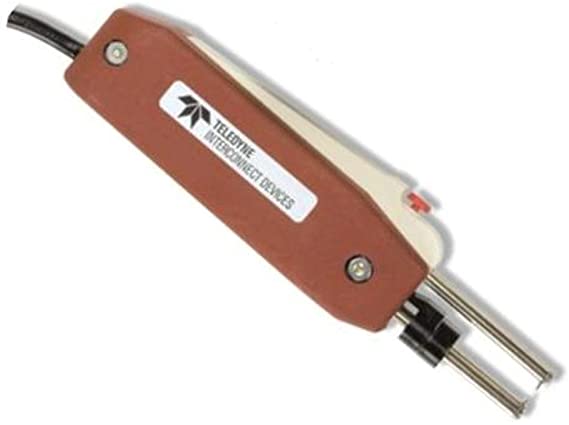Good strippers are worth the extra money.
Opps, that statement can be taken a couple of ways.

Clarifying WIRE strippers.
The point is to get the insulation off and not nick the wire in the process. In industry we prioritize that depending on application. An electrician is taught as an apprentice to strip ROMEX quickly with his diagonal cutters because nicks in the conductor do not matter in the low vibration environment of a house or building. An aerospace mechanic caught using diagonal cutters to strip will get written up and sent for retraining. Nicked conductors in a 737 high vibration environment are the point where the copper will tend to break after hours and hours of vibration.
And of course that intangible satisfaction the craftsman gets when a tool is exactly right of the job at hand.
Peter J's and Folsom's recommendations are good ones I concur with for mechanical strippers. Above that one gets into the wire gauge specific types with cutting dies sized to the wire.
zenfishbike did say
cost not an issue so for completeness lets talk about thermal strippers. On this type a set of purposely too dull to nick the copper blades are heated red hot and melt the insulation off the wire. Insert wire, close blades, they heat and the insulation is removed as you pull the wire out.
I have an older workhorse version of this guy. The white grip closes the jaws, red buttons turns on heater.

$525 at Amazon
https://www.amazon.com/Teledyne-Thermal-Wire-Stripper-Stripall/dp/B01FFV9XGU/ref=pd_lpo_2?pd_rd_i=B01FFV9XGU&psc=1Where thermal strippers really shine is every electronics assembly technicians most hated insulation, Teflon. If you're doing a bunch of Kimber TC or GR speaker cables this is your new favorite tool. If you've worked with Teflon/PTFE insulation you've experienced how mechanical strippers tend to stretch it out over the wire or leave strands of Teflon on the copper. And how this varies with brand or even color of the PTFE being stripped. Not an issue with thermal stripper.
Downsides of thermal strippers are:
- Blade end gets very hot, the blades want to brand you or light your bench on fire. Like using a soldering iron, with out a holder. Or maybe not, soldering iron tips don't glow bright cherry red in use.
- Smoke. You're melting plastic. PTFE is not too bad. PVC VERY BAD like I think this smoke is killing me bad.
- Not useable for all wire types (see PVC comment). Best stripper for PTFE, makes sticky burned stinky mess out of PVC.
- With some wires the removed insulation sticks to the hot blades. I use an Xacto to remove it after a few cuts.
Amazon and other have less expensive thermal strippers I have not tried. I for one welcome reviews of anyone who has.
https://www.amazon.com/PATCO-Thermal-Wire-Stripper-PTS-30/dp/B00R3R8E6Uanother C-note gets temp control
https://www.amazon.com/PATCO-Thermal-Wire-Stripper-PTS-300/dp/B00U9BWVZ2/ref=sr_1_7?keywords=Patco&qid=1652909653&sr=8-7